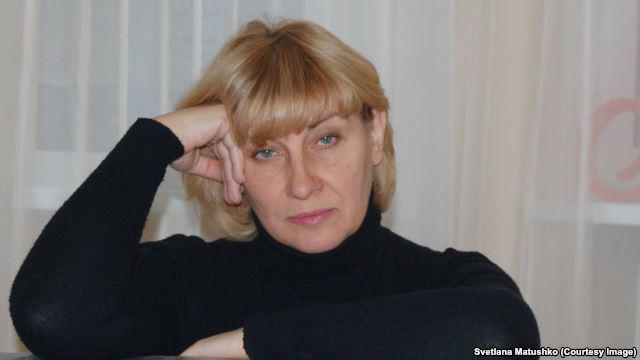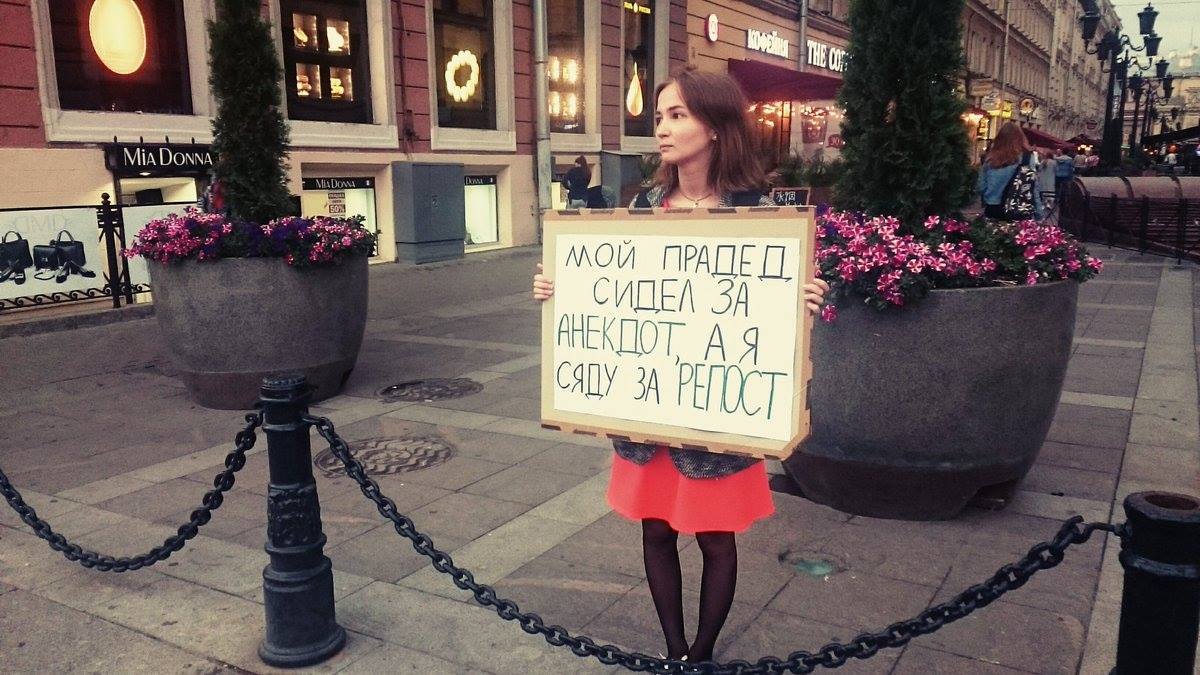The international community must acknowledge the fact that the ceasefire in Ukraine has been violated and demonstrate to Russia that there will be continued negative consequences for its actions, says British researcher James Sherr, an analyst at the Royal Institute of International Affairs (Chatham House). In an interview with Radio Liberty, he said he did not consider the Ukrainian law of September 16 (on the special status of the occupied Donbas territories) a disaster.
We all know that changing the status of any oblast in Ukraine is a constitutional change. Neither the Verkhovna Rada nor the president have the right to change it unilaterally. It has to be a constitutional process. Legally, it means that the law is no more than a declaration. It had so much ambiguity, such vague provisions that in practice everything will depend on how certain words of this law are interpreted. Yes, this law is a disappointment but not a disaster. In itself it does not change anything. It is no accident that the militants are not completely satisfied. The Kremlin is more satisfied than the militants.
Speaking of the current so-called truce. Is this the end of the war?
No, it's very brittle. Besides, this truce is violated every day. And each time there is a violation, it serves as a kind of a test, what Russians call "reconnaissance in force." This is a way to analyze the intentions, the combat readiness, and the morale of the opponent by means of provocations and military actions. Worst of all, despite all of this, the EU, and the key Western governments are announcing that the ceasefire is supposedly holding. But they should be talking about the violations, about the fact that these violations have an effect and will lead to consequences, that the ceasefire must be respected.
If we're not talking about the end of the war, and the West still will not provide military assistance to Ukraine, what will be the next steps?
Aside from military matters, the West has no policy other than sanctions. If Ukraine or its closest allies fail to bring about a change in policy of the Western governments, the support will continue to be of a non-military nature. The fact is that the more the sanctions expand, the longer they are in effect, the more devastating their impact will be on the Russian economy. They already are having a very damaging effect. Russia is weaker that it appears.
Even Russia's defense system is weaker than it seems. The elite forces at the border are limited in number. They add up to around 20,000. They do not have reserves and they are not designed to capture territories. Behind these forces is the bulk of the Russian army. It is numerous but untrained and equipped no better than the Ukrainian one. In contrast to the Ukrainian army, the Russian one has absolutely no motivation.
In principle, of course, the Russians can be in Mariupol within 24 hours. As Putin said, they can "take Kyiv" in two weeks. After all, NATO forces can take a Russian city in less than two weeks. The question is what are the consequences of such actions. Putin is not indifferent to consequences. What happens after such a step? Russia can and could have captured Kyiv in two weeks, but it would not be able to get out.
Do you see any withdrawal path for Putin? After all, in order to resolve this conflict somehow Putin will probably need a way to save face.
We -- namely Ukraine and the West -- can provide it, but first we need to make Putin understand that he is losing all his advantages through his actions. This means there should be no more talk about possible relaxation of sanctions. Privately, he should be told very clearly that the sanctions will be long-term. Additionally, the West needs to tell Putin that even though it is not giving Ukraine any military assistance, that option, as well as others, remains possible and that (the West) is seriously considering that option. When he is off balance, when Putin finds himself in a weaker position, then we can discuss the scope of a diplomatic solution. We need to consider this option.
In my view, the key to finding a solution and the way for Putin to save face would be a declaration, adopted by the government of Ukraine and supported by the West, that Ukraine will not take back Crimea by force. It is not a question of recognizing the annexation -- either by Ukraine or the West. But it is worth announcing that we would not use military means. If there is room for negotiations, it would also be worthwhile to open Crimea for normal business, for normal communications -- in other words, to stop the blockade of the peninsula. But in exchange, Russia would have to withdraw its armies, stop protecting the separatists, and recognize that Ukrainian territory is indivisible. This would be a framework for negotiations -- not today, when Russia feels strong, but tomorrow, if we do everything right, when Russia feels weak. But we must start thinking about this right now.





